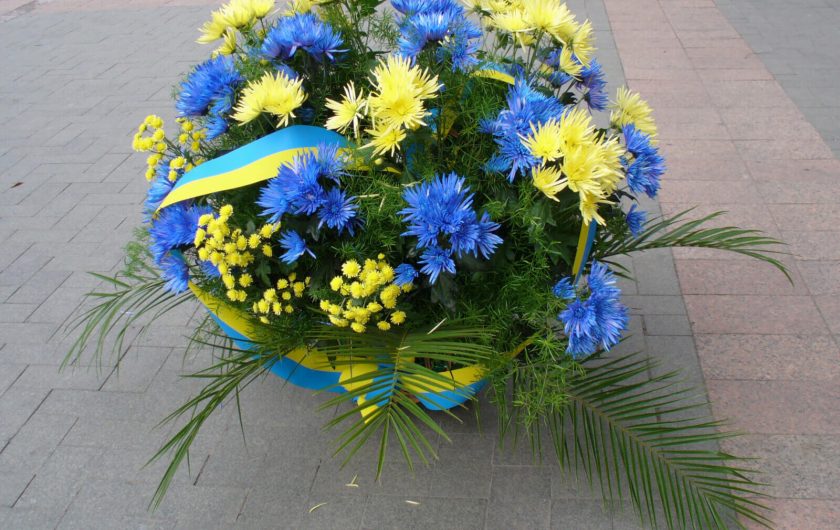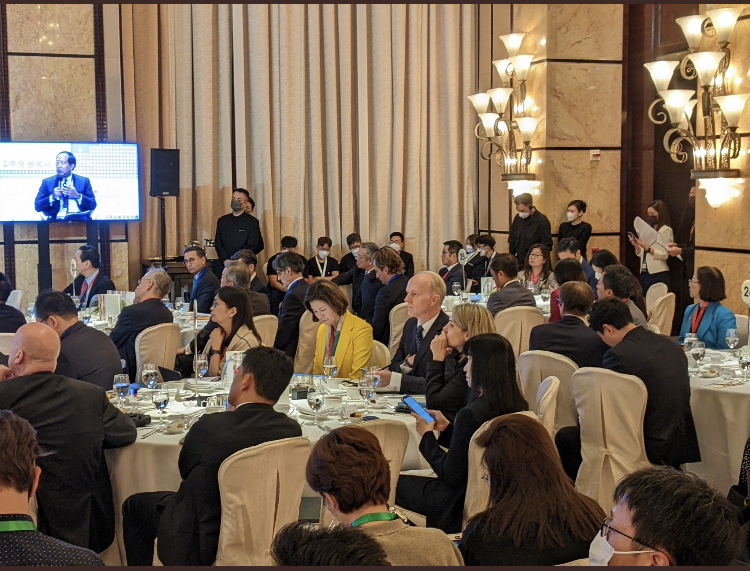UPDATE, March 14: UFI executive committee has agreed to temporarily suspend Russian members from accessing the association’s activities and events; ICCA’s board of directors has made a similar move and also voted to donate 10,000 euros to humanitarian efforts in Ukraine.
YET another wave of populism is sweeping through the business events industry, at least in Europe and the United States. It came suddenly and centres on the unfolding tragedy in Ukraine.
Here’s a roll call of the latest associations and industry joining a chorus condemning Russia’s invasion of Ukraine: the Professional Convention Management Association (PCMA); Meeting Professionals International (MPI), and the Events Industry Council.
The latest to join is the US-based Society of Independent Show Organisers (SISO) which has gone as far as suspending Russian members from participating in any of its events. This more than matches MPI’s stance of suspending business with Russian companies and pausing any plans to form a chapter in Russia.
More measured responses have come from UFI, the global association of exhibition organisers, and ICCA – the International Congress and Convention Association calling on jaw-jaw rather than war-war and for help to be given via the Red Cross and Unicef to victims of the invasion. These both veer on diplomatically neutral, which is not surprising considering a growth in Russian members.
This is all virtuous, but nonetheless it’s to be welcomed. A MICE publication editor in England may well have got the ball rolling. Credit where it’s due but it begs the question of why the silence on other ongoing wars, including the onslaught by both sides in the east of Ukraine where casualties have amounted to 10,000 over years of conflict?
Twitter and other social are rife with “whatabouttery” concerning the Israel-Palestine; Saudi Arabia-Yemen, and Eritrea where aerial bombardment on civilians is largely ignored, or more precisely: never even heard of. It rankles among many across the world that sympathy seems to be selective.
Villains can usually be found on either side of conflicts. That is why it is vital to make humanitarianism a priority and leave the blame game till later; by which time destinations, organisers and venues may well be welcoming back emerging markets like Russia with open arms and an acute degree of awkwardness.
There are other ironies to this tragedy. On a visit to ITB Asia in 2018 I interviewed exhibitors from the Ukraine, whose pavilion was not far from Russia’s where the talk was of how soccer’s World Cup will open the nation more to international groups.
I was impressed by both offerings, from the high-end venues of St Petersburg and Kiev to the dark tourism of Chernobyl and left-over Soviet military machinery. It seems that even after Covid, it may be a long time before global business events in Russia and Ukraine are open to groups again.
One single villain stands out, but it’s time to put humanitarian aid before bandwagon jumping and flag adornments.
Martin Donovan is Editorial Director of MIX



